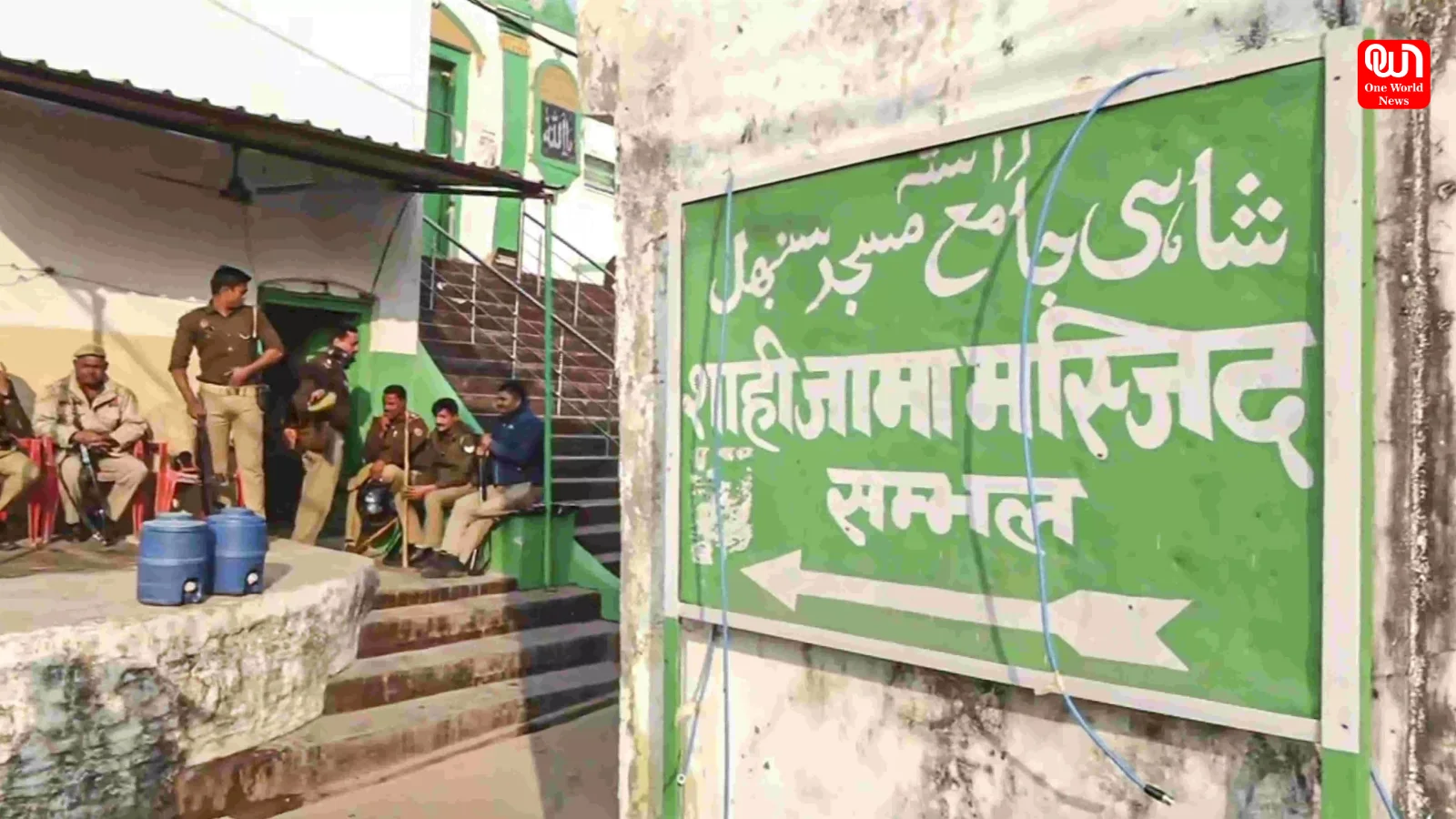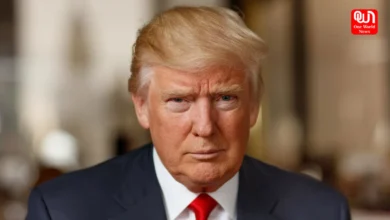Supreme Court Halts Sambhal Mosque Survey, Urges Peace Amid Rising Tensions
Supreme Court halts Sambhal mosque survey, cites 1991 Act amid rising tensions.
Supreme Court halts Sambhal mosque survey, urges peace, citing communal tensions and legal violations
The Supreme Court on Friday directed the Uttar Pradesh government to maintain peace in Sambhal, following violence during a survey of the Shahi Jama Masjid. The top court restrained the local court from proceeding further with the survey until January 8, 2024, and asked the mosque committee to approach the Allahabad High Court for relief.
The Supreme Court emphasized that the advocate commissioner’s report from the survey should remain confidential. It urged the trial court to avoid further actions until the High Court examines the matter. The directive follows violence on November 24, when four people died during a court-ordered survey.
Read More: Sambhal Violence: Mosque Survey Sparks Deadly Clashes in Uttar Pradesh
The Uttar Pradesh government has formed a three-member inquiry panel, led by former Allahabad High Court judge Devendra Kumar Arora, to investigate the violence.
The dispute began when eight plaintiffs, including Supreme Court lawyer Hari Shankar Jain, filed a suit on November 19, claiming the Shahi Jama Masjid was built on the site of a Harihar Temple. The plaintiffs requested access to the site, alleging it was originally a temple. The local court appointed an advocate commissioner the same day to conduct a photographic and videographic survey. The order was issued ex parte, with no prior notice to the mosque committee.
The mosque management committee argued before the Supreme Court that such surveys of historic religious sites risk aggravating communal tensions and undermine India’s secular principles. The petition also highlighted violations of the Places of Worship (Special Provisions) Act, 1991, which prohibits changing the character of religious sites as they existed on August 15, 1947.
The petition raised concerns about procedural lapses, including insufficient notice and lack of terms of reference for the survey. It warned that such actions could inflame communal sentiments.
The Supreme Court’s intervention reflects the increasing sensitivity surrounding disputes over places of worship. A related case involving the Gyanvapi mosque in Varanasi also hinges on the applicability of the 1991 Act, which is currently under judicial review.
Further developments are expected as the High Court takes up the Sambhal dispute in the coming weeks.
We’re now on WhatsApp. Click to join.
Like this post?
Register at One World News to never miss out on videos, celeb interviews, and best reads.








